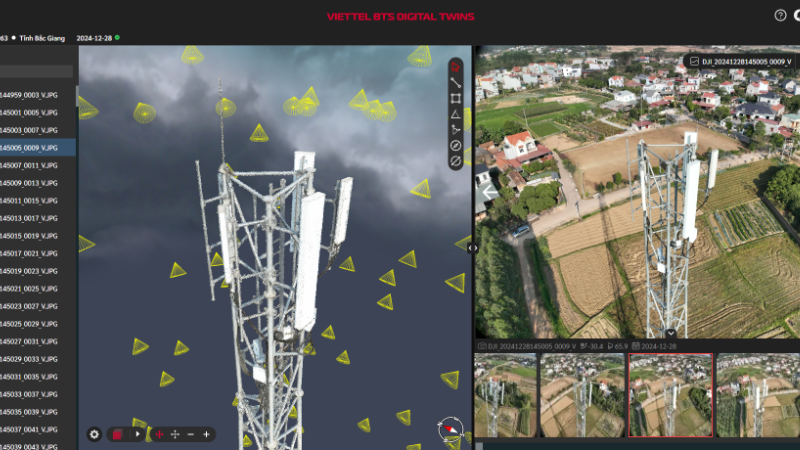1. OpenAI unveils a PhD-level AI model
In early August 2025, OpenAI officially launched ChatGPT-5, marking a major milestone in the field of artificial intelligence (AI).

The new version features an intelligent router architecture, enabling the model to automatically switch between rapid responses and deep reasoning, significantly improving the user experience. CEO Sam Altman described GPT-5 as “a PhD-level expert,” highlighting the leap in the model’s reasoning, analytical, and programming capabilities.
Shortly after, OpenAI added three new interaction modes: Auto, Fast, and Thinking, enhancing customization and meeting diverse use cases.
Notably, the company also restored access to older models that had been recently discontinued, including GPT-4o, GPT-4.1, and o3. GPT-4o has returned as the default option, while the others can be enabled in settings.
This move demonstrates OpenAI’s responsiveness to strong community feedback and its commitment to retaining and satisfying a broad global user base.
2. Anthropic introduces Claude Sonnet 4 – AI that processes up to 1 million tokens
Claude Sonnet 4 has set a new record with the ability to handle context lengths of up to 1 million tokens, equivalent to about 750,000 words. This means AI can now read, analyze, and fully comprehend massive software projects with tens of thousands of lines of code, or synthesize entire research archives in a single pass, instead of breaking them into smaller chunks as before.

Remarkably, Claude previously capped at 200,000 tokens, while GPT-5 currently reaches around 400,000. With this leap to 1 million tokens, Claude not only surpasses its old limits but also temporarily outpaces many direct competitors.
More importantly, this advancement offers users greater convenience, saving time and effort, while opening the door for AI to contribute more deeply to fields that demand massive and precise data processing, such as programming, law, medicine, and finance. This is considered a key milestone in AI’s journey toward becoming a reliable “intellectual assistant” for humans.
3. Google introduces Storybook – a new AI storytelling feature in Google Gemini
On August 5, 2025, Google officially rolled out Storybook, a new feature integrated into Google Gemini. With Storybook, users simply input an idea, and the system automatically generates a fully illustrated 10-page book, complete with concise text and a lively voiceover. The feature is designed to deliver educational and entertaining experiences while inspiring creativity—ideal for bedtime stories or transforming memories and lessons into colorful comics.

The standout feature of Storybook lies in its ability to generate stories in diverse styles (anime, comics, etc.), and users can even upload an image for Gemini to use as inspiration to build a story around it.
Storybook currently supports more than 45 languages and is accessible on Gemini via both desktop and mobile devices, in all the languages Gemini already supports. This paves a new path for integrating AI into everyday life, from learning to entertainment.
4. Google Flights enhances air-ticket booking with AI
Google has launched “Flight Deals,” an AI-powered flight search tool within Google Flights, its free flight-search platform. With Flight Deals, users simply enter trip details, duration, or preferred journey type, and AI automatically analyzes and recommends destinations along with the most affordable and suitable ticket prices.

Although arriving later than established online travel platforms such as Booking.com, Expedia, and MakeMyTrip, Google—leveraging its scale and global influence—has the potential to become a formidable competitor if this tool proves effective and attracts a large user base.
Flight Deals is expected not only to help travelers save time and costs but also to deliver a smarter, more convenient, and personalized travel experience than ever before.
Sources: The Verge, TechCrunch
Other news















